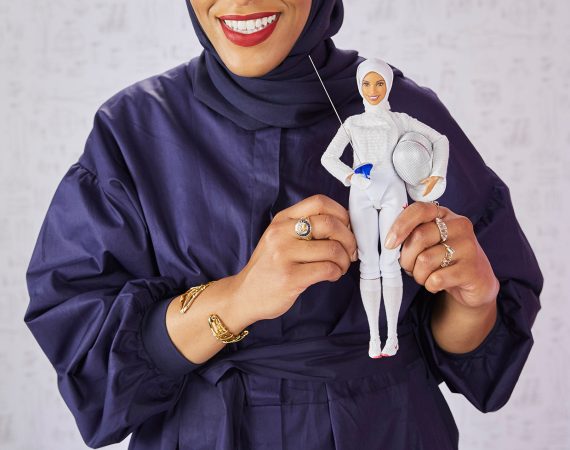The Bank Of Industry recently announced it is inviting artisans, market people and other service based industries to register with it for a database. Nigerians are always wary of signing up for things, especially non-educated Nigerians, because these kinds of exercise either prove useless or are used as means of extortion. But this database, we can get behind. The Bank Of Industry artisan associations database is great news.
Artisans are the backbone of any manufacturing revolution. They handle the grunt work of production and manufacturing and free up creatives to create. In developed countries, artisanal associations wield enormous power as pressure groups and often influence government and legislative decision making. Artisanal associations also bring in a good portion of any manufacturing country’s internally generated revenue. A country with a strong artisanal culture thrives in many creative pursuits such as fashion.
One of the biggest hindrances design labels in Nigeria face is the absence of artisan associations and unions. We have artisans in the thousands, but most work in isolation and are self trained, which means the payment they request for their prices are arbritary. Arbitrary pricing and the high rate of turnover for this kind of skilled work (because there are no unions to ensure artisans finish contracts) means that labels must either anticipate this by pushing any potential extra expenses on to the consumer, or risk going bankrupt.
Mass manufacturing is crucial to success for fashion design labels, mass market retailers and accessible fashion brands. So far, the absence of artisans associations has forced many of these labels to either create micro factories to handle their production needs or outsource to international factories.
The Bank Of Industry requirement that only artisan associations can register for its prospective loans will encourage unionizing, and self regulation of wages. With the loans these artisan associations will be able to acquire, they can purchase work space and heavy machinery to automate their processes and reduce cost of manufacturing, which will translate to lower costs for design labels and other adjacent fashion industries.
We will watch to see how this goes, but we hope that it pans out well. It could mean better times for everyone.











